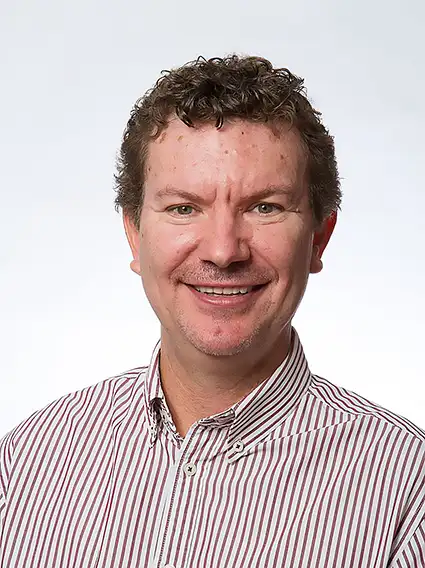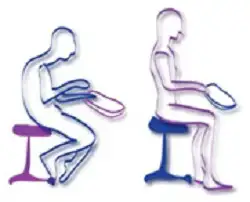Alexander Technique in Ashfield, Sydney
I have been teaching the Alexander Technique in Sydney since 2000. I am also a professional pianist, and Alexander Technique helped me return to playing after developing RSI in the 1990s.
About the technique
The Alexander Technique is now well over 100 years old. In that time it has helped many people recover from injury, improve their performance in their chosen area, and learn to live more comfortably in a sustainably healthy way.
We all develop our own habitual ways of sitting, standing, typing at the computer. Over time we grow into a posture that reflects these habits. Eventually, we may grow into a posture which begins to affect our performance, or cause discomfort or pain.
The technique can teach you to change these unhelpful and probably unnoticed habits, so you can grow into a healthy posture with enough space for you to be comfortable and function well.
About Bradley Newman

I was a full time pianist who developed arm pain, and studying Alexander Technique helped me learn to do things differently, more efficiently. This was not just at the piano but through the whole day, in all my activities. This helped me return to good health and now I can (and occasionally do) play eight hours a day if needed, confident the old pain can’t return.
After a few years slumped over a desk studying science at university, and then a few more years working full time as a pianist, I found myself in pain. I had pins and needles in both arms, and muscle ache and fatigue in my arms and shoulders. Some treatments helped for a while, but the pain always returned. I still played piano in a similar way, a way that tensed and damaged my body.
Read more about Bradley Newman
To book a lesson or with any enquiries
Please email bradleyn@ate.org.au or call 0422 022 507
Two articles for those new to Alexander Technique

Who Was Alexander and Why Does He Have a Technique?
F.M. Alexander was born in 1869 in Tasmania. How did he come to have a technique named after him which is taught throughout the world?
A Three-Point Explanation of the Alexander Technique
Here are the basic ideas behind the technique. It is difficult to describe the technique without an experience of it, but hopefully this will be of help in understanding the fundamental points.
For teachers in other areas please see Alexander Technique Education, a professional society of AT teachers based in Australia.